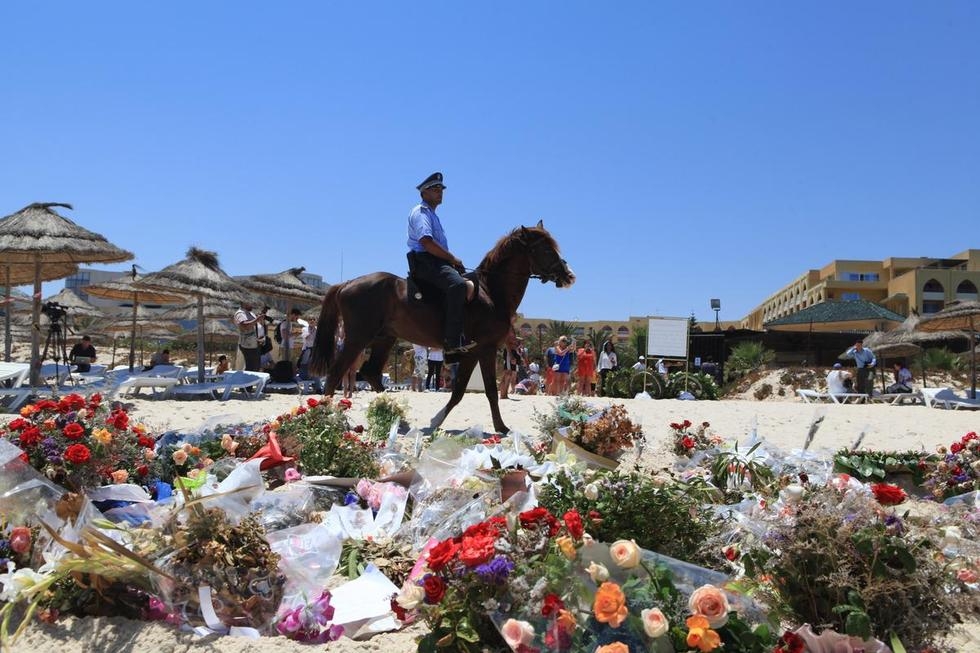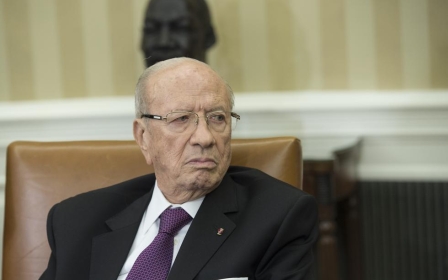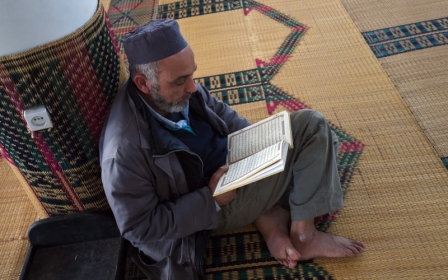HRW: Tunisia’s state of emergency should not impede human rights

Tunisian authorities should refrain from using these emergency powers in a way that goes beyond what international law and the Tunisian constitution permit, Human Rights Watch said on Tuesday.
President Beji Caid Essebsi declared a state of emergency on 4 July, a week after a Tunisian man gunned down 38 foreign tourists in the popular holiday hotspot Sousse, in a bid to crack down on anti-terror activities.
A government minister revealed today that in the aftermath of the attack on the Bardo Museum in March earlier this year, over 1000 people have been detained and 8000 homes searched. The attack, in which 21 tourists and a policeman were killed, was claimed by the Islamic State group, as was the Sousse massacre.
Kamel Jendoubi, the minister of relations with civil society, said at a press conference that at least 120 of those detained are being held on suspicion of terrorist activity. However, he did not clarify on whether the rest of the detainees were released or not.
Tunisia, which relies heavily on its tourism sector, witnessed a rise in militant attacks since the overthrow of former president Zine al Abidine Ben Ali in 2011.
“Tunisia’s security challenges may call for a strong response, but not for sacrificing the rights that Tunisians fought hard to guarantee in their post-revolution constitution,” said Eric Goldstein, HRW’s deputy Middle East and North Africa director.
Declaring a state of emergency does not give the government the right to obstruct basic rights and freedoms, HRW said.
The decree grants the executive, or the interior ministry, the right to suspend certain rights, and can “take any measure to ensure control of” the media and publications of any other nature.
House arrests of anyone whose “activities are deemed to endanger security and public order” can also be ordered by the executive.
The executive also holds the authority to ban any strike or demonstration that is deemed to threaten public order, and can prohibit gatherings “likely to provoke or sustain disorder”.
Under article 49 of the Tunisian Constitution, any limitations which hinder human rights that the constitution promises “must not compromise the essence of such rights; must not be imposed except where necessary in a civil and democratic society to protect the rights of others, public order, national defence, public health, or public morals; and that such restrictions must be proportionate to the intended objective.”
Yet HRW maintain that Tunisia’s state of emergency decree gives authorities “broad power to curtail freedom of speech, union rights, and freedom of assembly and of association, and to impose arbitrary detention if officials decide to impose sweeping prohibitions and restrictions.”
The last time Tunisia was under a state of emergency was in 2011, after Ben Ali fled the country, until March 2014, when caretaker President Moncef Marzouki ended it.
New MEE newsletter: Jerusalem Dispatch
Sign up to get the latest insights and analysis on Israel-Palestine, alongside Turkey Unpacked and other MEE newsletters
Middle East Eye delivers independent and unrivalled coverage and analysis of the Middle East, North Africa and beyond. To learn more about republishing this content and the associated fees, please fill out this form. More about MEE can be found here.




